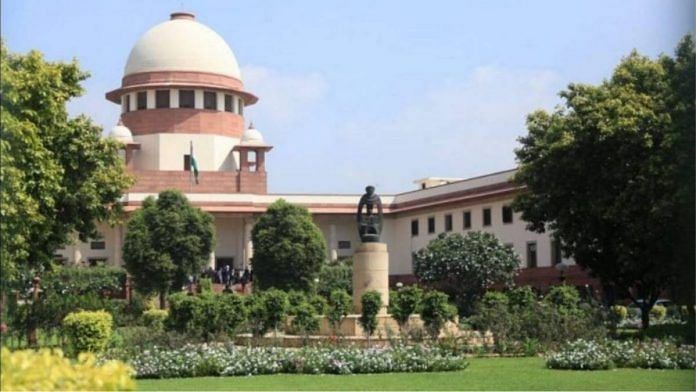Recently, a news channel was constantly flashing the headline ‘Ab Bharat hoga apraadh mukt’ (Now India will be crime-free). The channel was referring to Criminal Procedure (Identification) Bill, 2022 passed by Rajya Sabha. The channel was selectively quoting the merits of the bill as if it does not have any drawbacks whatsoever. After critically analyzing the provisions of the bill I concluded that the bill can be proven dangerous if not challenged before the Constitutional Courts on three arguments as presented below.
Conflict with the right against Self-Incrimination-Article 20(3)
The right against self-incrimination was established in the Middle Ages. This right eventually evolved in common law to become an essential right and an important component of principles of natural justice. In India, this right is recognized as an essential attribute inscribed in Article 20(3) of the Indian Constitution and by virtue of section 161(2) of the CrPC, 1973. 161(2) of the CrPC requires that every person being questioned must respond justly to the question posed to him. But within the clause itself, there is an exception to this, that if answering the questions can lead to the incrimination of that person, then he is not bound to answer those questions. In this case, the main principle developed regarding this was that “even if answering a question has the tendency or probability of incriminating the person, then he/she is not bound to answer it.” For arriving at this conclusion, the Supreme Court relied on the State of Bombay v. Kathi Kalu Oghad. In this judgment, the apex court painted what qualifies as a ‘tendency to self-incriminate.’ It held that when there is a probability of accusation actual or imminent, after taking all circumstances into account; then the person is not liable to answer the question. But if it appears that there is no possibility to make guilt probable then the person is bound to answer the question.
Section 2(1)(b) of the Bill includes finger impressions, palm-print impressions, footprint impressions, photographs, iris and retina scans, physical and biological samples and their analysis, behavioral attributes including signatures and handwriting, or any other examination referred to in Section 53 or Section 53A of the Code of Criminal Procedure (CrPC), 1973. This provision is quite ambiguous and subject to misuse as it does not define what a biological sample means and may be expanded to Narco analysis, Polygraph test, and Brain Electrical Activation Profile. In Selvi v. the State of Karnataka, 2010 supreme court prohibited the administration of these tests which may become ultra-vires to the judgment of the Apex court.
Also read: Why SC expressed concern over UP court’s tareekh pe tareekh in 30-yr-old arbitration award plea
In contravention with Article 21
The right to privacy is guaranteed as a fundamental right under Article 21 of the Indian Constitution, according to a 9-judge bench of the Apex Court in Puttaswamy-I. While ruling on the legitimacy of the Aadhaar framework, the five-judge panel in Puttaswamy-II also reaffirmed the incorporation of informational privacy (including biometric and other personal data) under the ambit of the right to privacy under Article 21. Most of the measurements covered under the bill are related to the identification of individuals. In addition, systematically recording photographs and voice samples on databases, for the purpose of identification of persons, by way of data processing is a violation of the right to privacy.
In conflict with Excessive Delegation-Article 14
This bill authorises state-notified authorities to collect, preserve, and share measurements are taken by police and prison officials, and also the NCRB to collect, store, destroy, process, and disseminate records of such measurements in the interest of “prevention, detection, investigation, and prosecution” of criminal offenses. The Bill gives the executive branch far too much authority in several instances in two ways: first, by delegating legislative functions to the executive by giving it broad rule-making powers with little oversight. It also gives Bill functionaries like police/prison officers and magistrates excessive flexibility in choosing who they can coerce to provide measurements, when, and for what reasons. A statute may be declared to be ultra vires the Constitution as it exceeds the allowable bounds in delegating powers as prescribed in Subramanian Swamy v. Union of India.
The act can be challenged before the Supreme Court on the grounds mentioned above and on the scientific grounds. It is on the Supreme Court to uphold the Constitutional values and in doing so, not allow any political ideology to color the decision. Hopefully, SC will take cognizance expeditiously unlike the Electoral Bonds issue, and analyzes the provisions of the Act parallelly with the grand norm of India and the precedent cases.
The author is a student at Maharashtra National Law University, Nagpur. Views are personal




